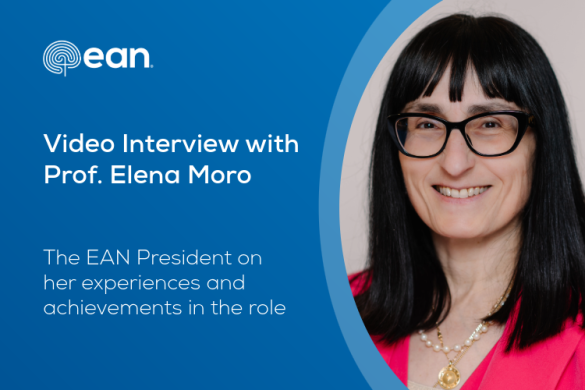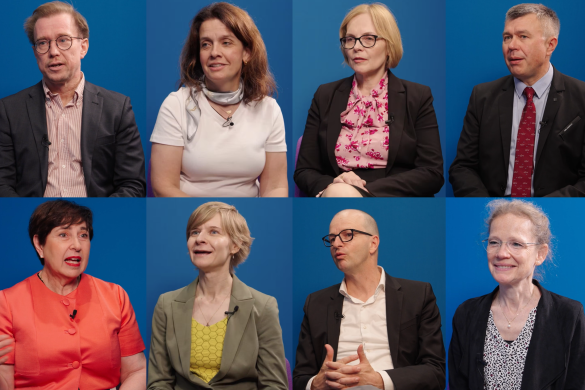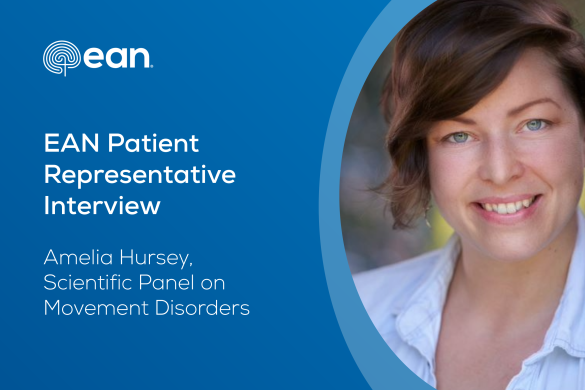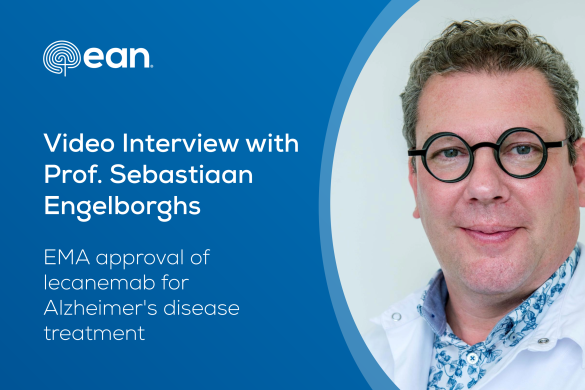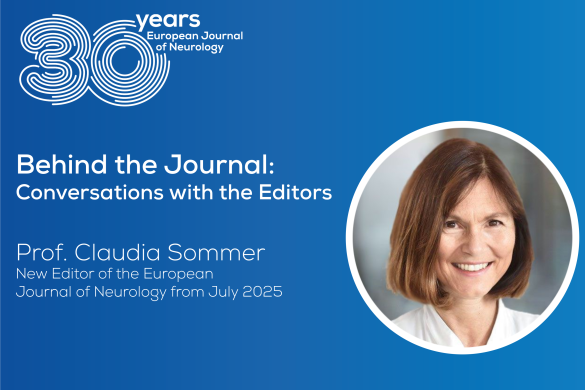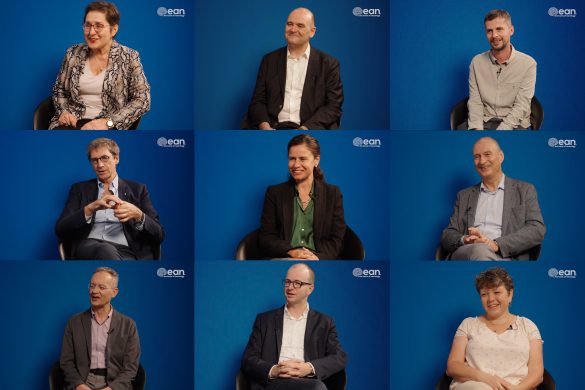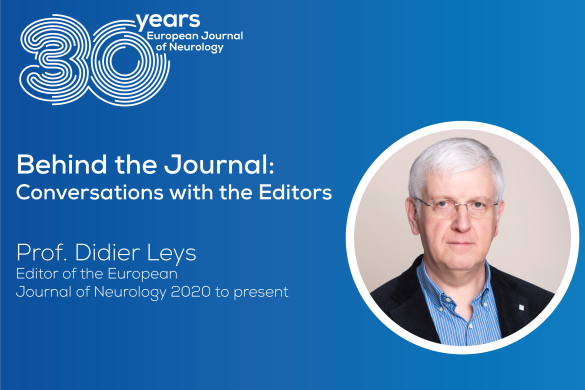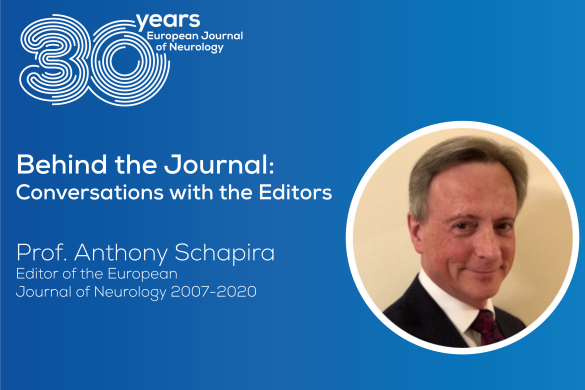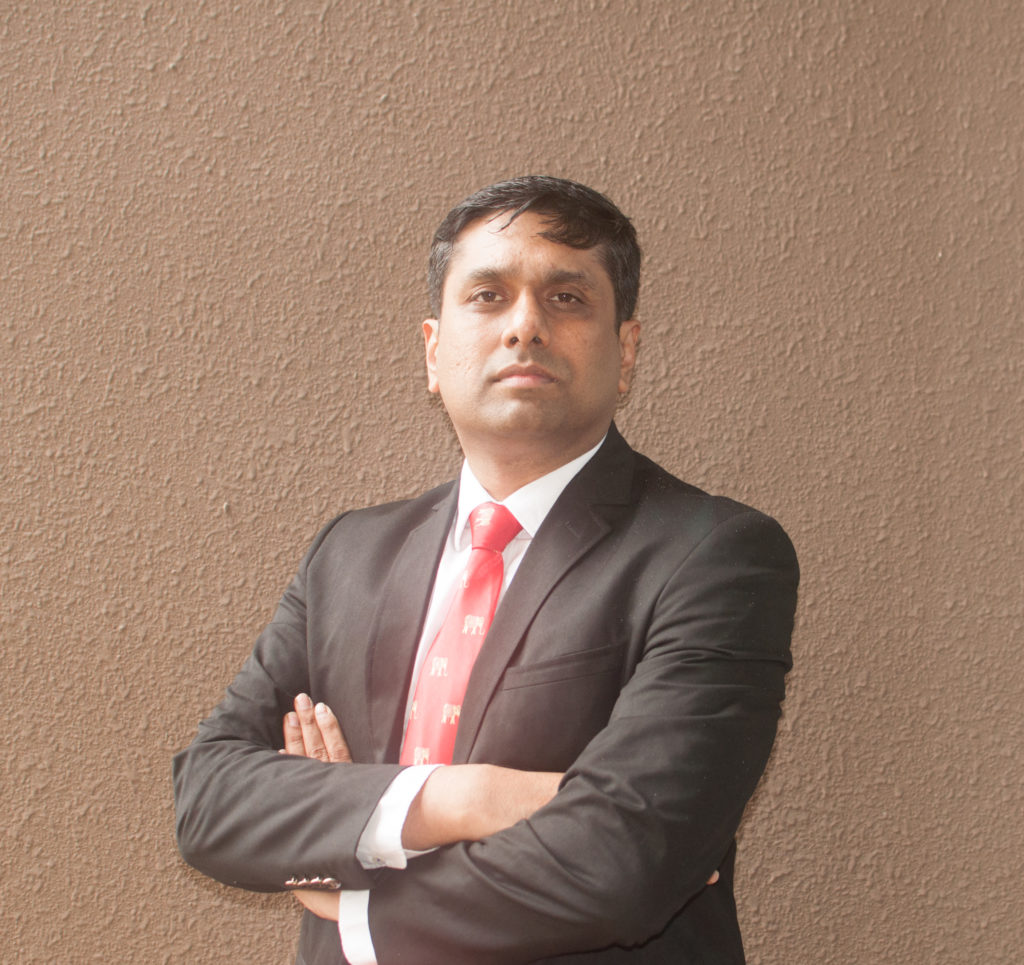
The interview below is a follow-up, ten months on from our previous interview with Dr. Prashanth LK (left) of the Parkinson’s Disease & Movement Disorders Clinic, Vikram Hospitals, Bangalore
- How has the COVID-19 situation evolved in your region? What is improving and what challenges are emerging? How are you addressing issues such as vaccination and long COVID?
The second wave of COVID-19 in India was a health pandemonium with many twists and turns. The dearth of hospital beds, oxygen scarcity, the want of remedesivir, the list goes on. Some of them were in expected lines and some were completely unexpected. The best was the trojan of the mucormycosis wave, which led to its own complete side quest in a COVID debacle. As the old saying goes “time is a great teacher”. Every day new things were learnt and new shortcomings glared into the eyes. Teaching was there for everyone all the way from the top people in governance to the lay person in the remotest part of the country.
The best things in life come out in the worst situations – as the second wave started to take its toll with heart-breaking images of pyres in the forefront in all media across the globe – a will to fight and win over this pandemonium was sowed in everyone’s hearts. Be it the government’s determination to vaccinate the massive billion-plus population, supporting mass medical infrastructure development or the efforts to set up medical support systems in the form of providing resources, supporting the people in requirements and not the least to mention every healthcare professional (from a janitor, to every person remotely connected to the healthcare) put their best efforts to win over. This led to a great wave of changes in the form of early diagnosis, contact tracing and mass acceptance for a vaccination drive. Masks have become the standard paraphernalia of life and people have accepted to live with COVID as a long-term disorder that we have to fight with the right precautions. Among all the major government regulations to curb COVID, the decision to vaccinate the whole country freely from the government corpus was a game changer. Currently more than 800 million vaccination shots have been provided by mid-September with most of the population accepting vaccination as the way forward. Everyone is expecting this major vaccination drive to curb further severe strains of COVID infections and its long-term health and economic impacts.
- What lessons have you learnt from dealing with COVID-19 since the start of the pandemic? How are you integrating these lessons into current clinical care practice for your patients?
CASH (Contact tracing, Awareness, Safety, and Hygiene) is the prime requirement for decent control of a pandemic. Investment into these factors is not a responsibility of any one person or sector; it is a cohesive work of the whole society. This has been acknowledged by people from all sectors including government, private healthcare providers, business sectors and the general public. The changes to this have been seen in government policies and investments into the health sector across the board. A healthy country is a prosperous country.
- What are your hopes and fears for the future? What do you think are the necessary next steps to deal with this pandemic?
I hope that this pandemic has taught us to create a decent buffer zone of health investment from the government and from each individual. However, the fear still remains, as pandemics have struck at regular intervals in history to highlight our blind spots. My only hope is that I don’t see another pandemic in my lifetime.





